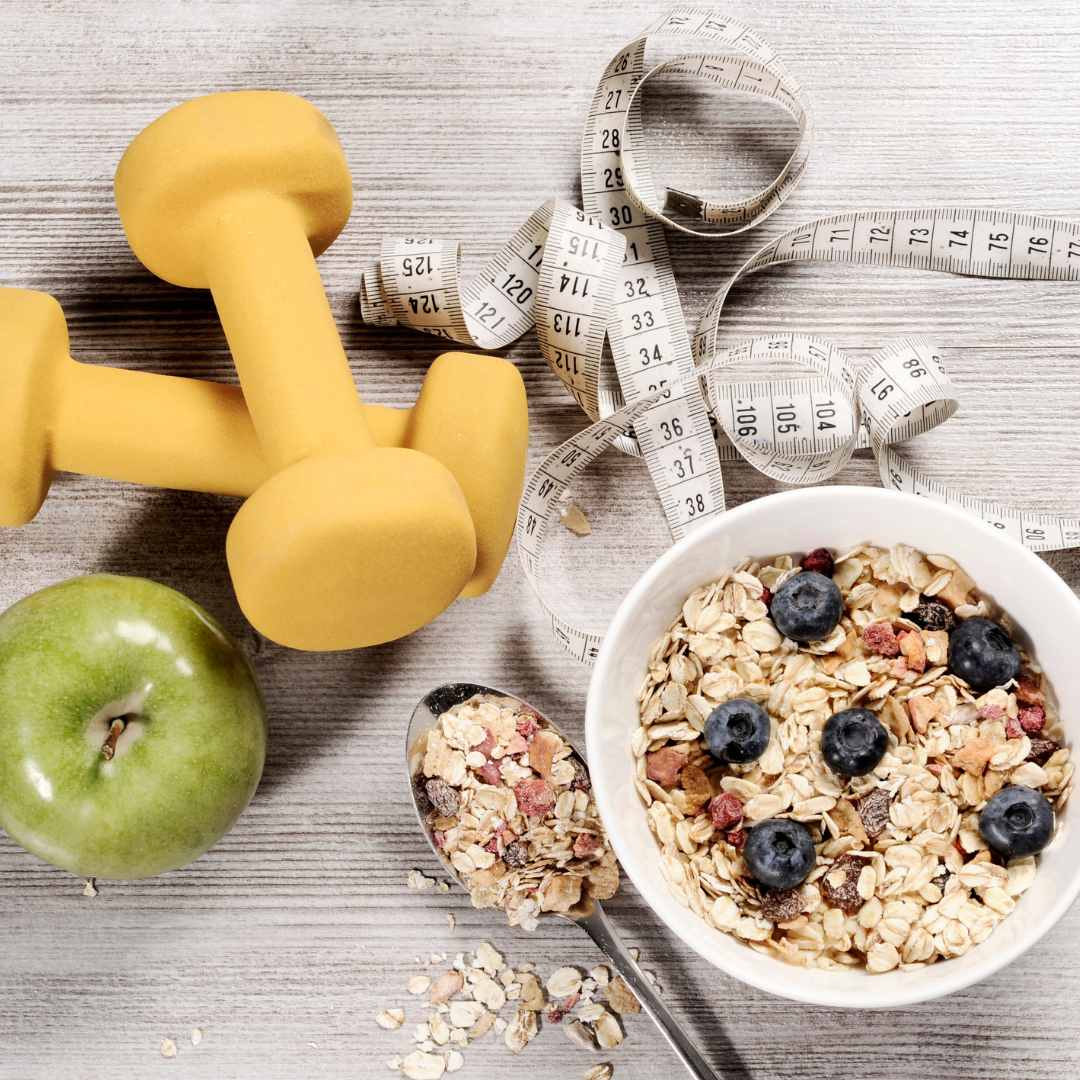In the blur that has been the year 2020 so far, there has been so much discussion about miracle treatments and vaccines for Covid-19 that the discussion about the importance of a strong immune system seems to have been pushed off to the side. Like the old saying goes, our best offense is a strong defense.
While boosting your immunity is easier said than done, making dietary and lifestyle changes could strengthen your body’s natural defenses and help you fight this year’s biggest harmful bugs; Covid-19 and the seasonal flu.
Your first line of defense is to be intentional about adopting a healthy lifestyle. There are roughly five elements to staying well this winter and boosting your immune system:
Sleep
“A lack of restful sleep disrupts the body’s innate balance, weakens our immune system, and speeds up the aging process.” Deepak Chopra
Sleep and immunity are closely linked. If you do not make time to sleep adequately, or if you just have trouble falling and/or staying asleep, you could be putting your health at serious risk. The average adult needs between 7 and 9 hours of sleep at night to rest and regenerate the body. Teens need 8-10 hours of sleep and younger children need 14 hours or more.
Sleep repairs damage to our bodies due to working or exercising, while deep and REM sleep restores our minds. All stages of sleep fortify every system in our bodies, including the immune system.
So make sleep a priority. Create a relaxing routine you follow every night about an hour before a scheduled bedtime. Here are a few pointers from the Sleep Foundation web site:
- Sticking to the same sleep schedule every day, even on weekends or non-work days.
- Practicing a relaxing pre-bed routine to make it easier to fall asleep quickly.
- Choosing a mattress that is supportive and comfortable and outfitting it with quality pillows and bedding.
- Minimizing potential disruptions from light and sound while optimizing your bedroom temperature and aroma.
- Disconnecting from electronic devices like mobile phones and laptops for a half-hour or more before bed.
- Carefully monitoring your intake of caffeine and alcohol and trying to avoid consuming them in the hours before bed.
Diet/Nutrition/Supplementation
“Food is medicine, and eating fruits and vegetables is now more important than ever.” Dr. John Whyte
Nutrition is essential to boosting the immune system. 70% of your immunity lies in your digestive tract. It’s easy to get caught up in convenience foods, but Hot Cheetos and chicken nuggets are not real food. They actually stress your body rather than nurture it. Instead, shoot for “whole foods” which is not a grocery store but rather, a way of eating. The products that are stocked on the perimeter of the supermarket (produce, meat department, cheese counter, bakery, etc.) are nutritious and good for you. The products are in the center aisles of the supermarket are processed and can tax your body and immune system. This includes canned products and quick prepare foods like mac and cheese.
Aim for fresh foods with lots of color, like berries, avocados, red bell peppers, tomatoes, sweet potatoes, citrus and kiwis. Stay away from white foods like potatoes, bleached flour and rice. Eating non-processed meats like fresh beef, chicken, wild-caught fish and uncured bacon are also very good choices.
Natural, food-based supplements also give a boost to your immune system. We cannot possibly get all the nutrients we need from the foods we eat every day, especially if we’re eating processed foods or more meat than fruits, vegetables and whole grains.
It’s also a well-known fact that almost everyone who doesn’t work outside now has a vitamin D deficiency. It’s been more of an epidemic for the past decade than the flu or Covid and is now proven to be a significant liability in fighting both viruses (the flu and Covid-19) this year. More information regarding vitamin D help will be in the Activity/Outdoors section of this article.
Additionally, vitamin C and zinc supplements will help a great deal but only if taken consistently throughout the season.
Hygiene
“Hygiene is two thirds of health.” Old Proverb
For everyone, good hygiene should be a regular daily routine. It’s especially important for people who are elderly, immunocompromised or have co-morbidities like diabetes, cancer, heart conditions or who are obese; as we now know these are the most vulnerable groups for the Coronavirus.
Practicing good hygiene for all should include the following habits:
- Showering or sponge bathing once a day
- Brushing the teeth at least once a day
- Washing your hair at least once a week
- Washing your hands for at least 20 seconds after using the restroom, changing a diaper, before and after preparing foods and anytime they get dirty
- Wearing clean clothes every day
- Coughing and sneezing into your elbow rather than your hand
- Not sharing towels with anyone
- Washing bed linens once a week
- Staying home when you’re sick
Stress Management
“Scientists are discovering that while anger and hatred eat into our immune system, warm-heartedness and compassion are good for our health.” Dalai Lama
Turn off the news. No seriously, turn it off. Limit yourself to one newscast a day. Every single news source is guilty of contributing to everyone’s boosted anxiety about the train-wreck that is 2020. Go ahead and disconnect… the world will still be there when things settle down.
Be sure to practice mindfulness. That will mean different things to different people, but it includes meditation, prayer, intentional relaxation or even just some deep breathing. Listening to calming music or a podcast about something not connected to world events can help as well.
In the year of “social distancing” it’s so very important to still socialize. We are herd creatures, and we desire to be connected to one another. Many would argue that isolation during this time has been more detrimental to people’s mental health & well-being than the Coronavirus itself.
While pandemic restrictions have been lifted in several states and more are opening 100% every week, the general consensus is that in every state, groups of 10 or less are absolutely fine if no one is at-risk or has been exposed to anyone with the virus. If you still do not want to risk it, technology is here to save the day! Using services like Skype, Zoom, Facetime and Facebook video calling are great ways to connect with one or even more of your friends and family for absolutely free. Strive to have get-togethers, either in-person or online, at least once a week.
Activity/Outdoors
“We know getting enough exercise and avoiding stress has been more difficult because of COVID, but even a brisk walk outdoors or a home exercise routine can be highly effective in maintaining mental and physical fitness and supporting a healthy immune system.” Dr. Michelle Lin
We’ve heard many conflicting messages since Covid-19 became a full-blown pandemic. Don’t wear masks, do wear masks. Don’t go outside, do go outside. However, we’ve learned quite a bit since March and getting outside in the sunshine has been proven to boost vitamin D levels as well as promote well-being and strengthen the entire immune system.
Try to get a minimum of 20 minutes direct sun exposure every day to increase your vitamin D levels. This will also boost your mood, calm your mind, relieve stress and help you focus. Taking a walk outside also help you to keep off the dreaded “Covid 15 (pounds)”. Learning to garden during this time will also produce healthy fruits and vegetables to improve your diet in addition to being a great form of exercise.
Takeaway
“If you think wellness is expensive, you should try illness. Invest in your health!” Unknown
Our bodies are complex, miraculous, individual ecosystems designed to defend us from foreign bacteria, viruses or germs. That being said, we’re only going to be healthy if we actually make a significant effort to get enough sleep, eat as cleanly as possible, look after our mental health, practice good personal hygiene and get moving outdoors. When our immune systems are working properly, we tend to take them for granted if we even notice them at all.
The silver lining is that this too, shall pass. Eventually we will get back to a sense of normalcy, even if there are a few tweaks to what we would consider to be “normal.” And everyone is in the same boat, so to speak. The most important thing you can do for yourself and your family is to stay calm and be patient. Focus on the things that you can control and be kind to yourself. Intentional self-care, perseverance and kindness will get us all through this trying time.


